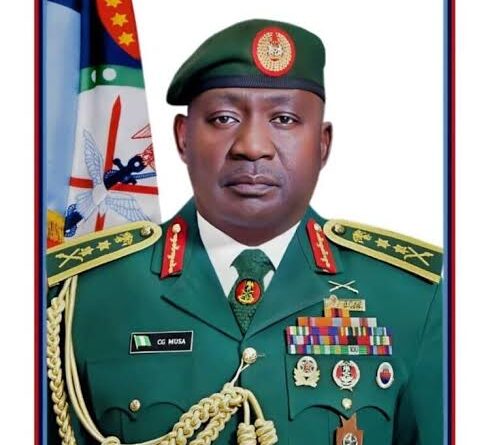DHQ Denies Military Sabotage in Yelwata Massacre
DHQ Denies Military Sabotage in Yelwata Massacre
By Alabidun Shuaib AbdulRahman
The Defence Headquarters (DHQ) has dismissed claims of internal sabotage within the Nigerian military contributing to the tragic events in Yelwata, Benue State, describing them as “unfounded and not supported by credible evidence.”
In a statement, Brigadier General Tukur Gusau, Director of Defence Information, emphasized that the Nigerian military has consistently denied any involvement in the massacre.
According to Gusau, investigations by independent bodies, including human rights organizations, have not found any links between the military and the perpetrators of the massacre.
The violence in Yelwata is part of a broader pattern of intercommunal clashes in Nigeria’s Middle Belt region, driven by disputes over land and grazing rights, ethnic tensions, and competition for resources.
READ ALSO: CDS Concludes Benue Visit, Vows to Intensify Action Against Killers
Gusau stressed that attributing the Yelwata massacre to internal sabotage within the Nigerian military is misleading and detracts from the real issues at play.
“It’s essential to focus on addressing the underlying causes of intercommunal violence and support efforts aimed at fostering dialogue, reconciliation, and sustainable peace in the affected regions,” he said.
INCNews247 recalls that the Chief of Defence Staff, General Christopher Gwabin Musa earlier called for a holistic approach to address the issue, emphasizing the need for communities and security agencies to work closely together.
During his recent visit to Benue State, Musa assured the people that the military and other security agencies are committed to protecting lives and properties of law-abiding citizens.
“We must all agree this must stop,” he declared, urging residents to collaborate with security agencies to eliminate criminal elements.
The DHQ has reiterated the military’s commitment to upholding the rule of law and protecting civilians, urging communities not to hide criminals and assuring them of the military’s protection.




